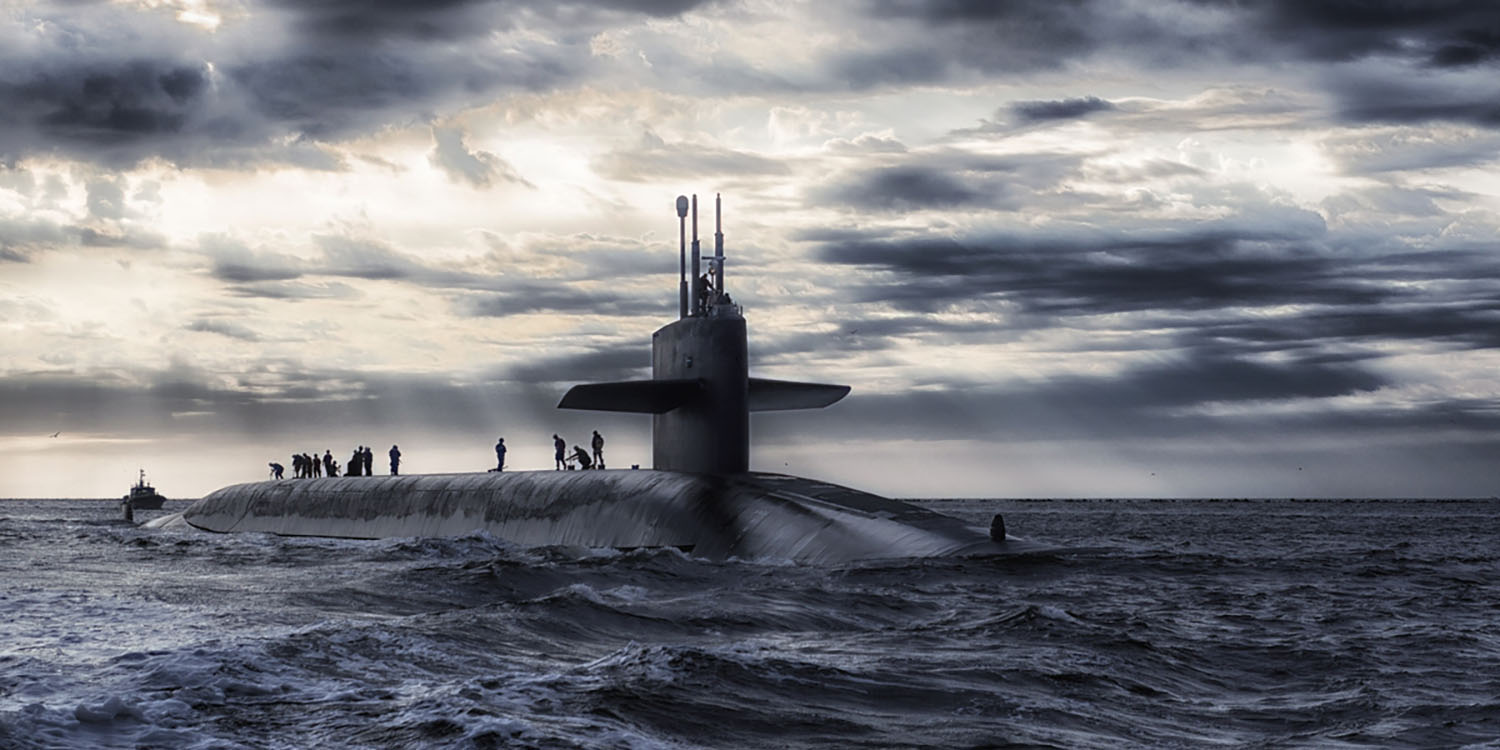
Back in January, a top US Air Force general predicted that a Taiwan invasion would occur in 2025, while the US is distracted by the likely fallout from the 2024 presidential election. That scenario is gaining in credibility among companies in Apple’s supply chain – but they say there is no possible way to put in place the necessary contingency plans.
Production of iPhones would likely be rendered impossible given the company’s complete dependence on both Taiwan and China …
Growing Taiwan invasion fears
It was just over four months ago that the head of the US Air Mobility Command predicted a 2025 Taiwan invasion, leading to a war between the US and China.
A four-star Air Force general sent a memo on Friday to the officers he commands that predicts the U.S. will be at war with China in two years and tells them to get ready to prep by firing “a clip” at a target, and “aim for the head.”
In the memo sent Friday and obtained by NBC News, Gen. Mike Minihan, head of Air Mobility Command, said, “I hope I am wrong. My gut tells me will fight in 2025” […]
Minihan said in the memo that because both Taiwan and the U.S. will have presidential elections in 2024, the U.S. will be “distracted,” and Chinese President Xi Jinping will have an opportunity to move on Taiwan.
While this doomsday scenario has always been feared, it was – until the last year or so – considered to be a rather unlikely scenario. In particular, China is hugely economically dependent on tech manufacturing for Western tech companies like Apple, and was considered unlikely to want to put that revenue stream at risk. Others, however, said that China places politics above the economy, and it’s only the threat of US military action that deters it.
The geopolitical climate of course changed dramatically last year, with the Russian invasion of Ukraine demonstrating that while the West is willing to respond with economic sanctions and military support, it’s not willing to risk going to war.
As we noted back in March of last year, that likely emboldened China. US and UK security services gave the same warning a few months later.
A foolhardy visit to Taiwan by then-U.S. House Speaker Nancy Pelosi dramatically worsened the situation, leading to China conducting military exercises that included practicing a full-scale blockade of the island.
Latest drills by China included 91 incursions in a day
House speakers seem to specialize in increasing tensions with China. Current speaker Kevin McCarthy last month invited Taiwanese President Tsai Ing-wen to a meeting in California.
China responded with another practice blockade of Taiwan. In the course of three days, Chinese warplanes entered Taiwanese airspace more than a hundred times – some 91 of them in the course of a single day.
No time for Apple and others to prepare
In the scheme of this nightmare scenario, the impact on iPhone production would be the least of the world’s worries. All the same, a new Nikkei Asia report paints a stark picture of the likely technological and economic impact.
- Almost half of the 1,500 components in an iPhone and based in either China or Taiwan
- Taiwan makes $200 worth of the total materials bill
- This of course includes the A-series chip made by TSMC
- 95% of all iPhone assembly takes place in China
“If anyone hits Taiwan, or there is a serious disruption … the tech and electronics industry worldwide is basically screwed,” said Hsieh Yong-fen, founder of chip and material testing provider MA-tek.
An executive with Unimicron Technology, which makes printed circuit boards for Apple, agrees.
“Our customers then said they wanted some production alternatives that are outside of China and also out of Taiwan over fears of a war,” the executive said. “We were stunned and speechless, and so were a lot of our peers. … How can the supply chain be moved out of China and Taiwan? The majority of electronics supply chains are here.”
Top comment by JustNeedItForDev
This course looked inevitable 7 years ago in 2016 and has progressively gotten worse since. Apple and others have had plenty of time to prepare, they just didn't want to believe it (some still don't).
Contingency plans do exist, but there would be zero chance of these solving the problem if an invasion happened that soon.
“We have a business contingency plan — the so-called BCP — to prepare for supply chain disruptions, such as a war,” an executive at chip testing equipment maker Advantest of Japan told Nikkei Asia. “But if a military conflict really happens here in the Taiwan Strait, honestly, I think any BCP will be totally useless. It would be doomsday for the chip supply chain.”
Even a blockade of Taiwan, without an actual invasion, would be sufficient to kill iPhone production.
A senior executive at Compal Electronics, a vital product assembler to Dell, HP and Apple said. “If there’s military friction happening to Taiwan, the entire global supply chain will collapse for sure.”
The full report makes for a depressing read.
Photo: RawPixel/CC0
FTC: We use income earning auto affiliate links. More.



Comments